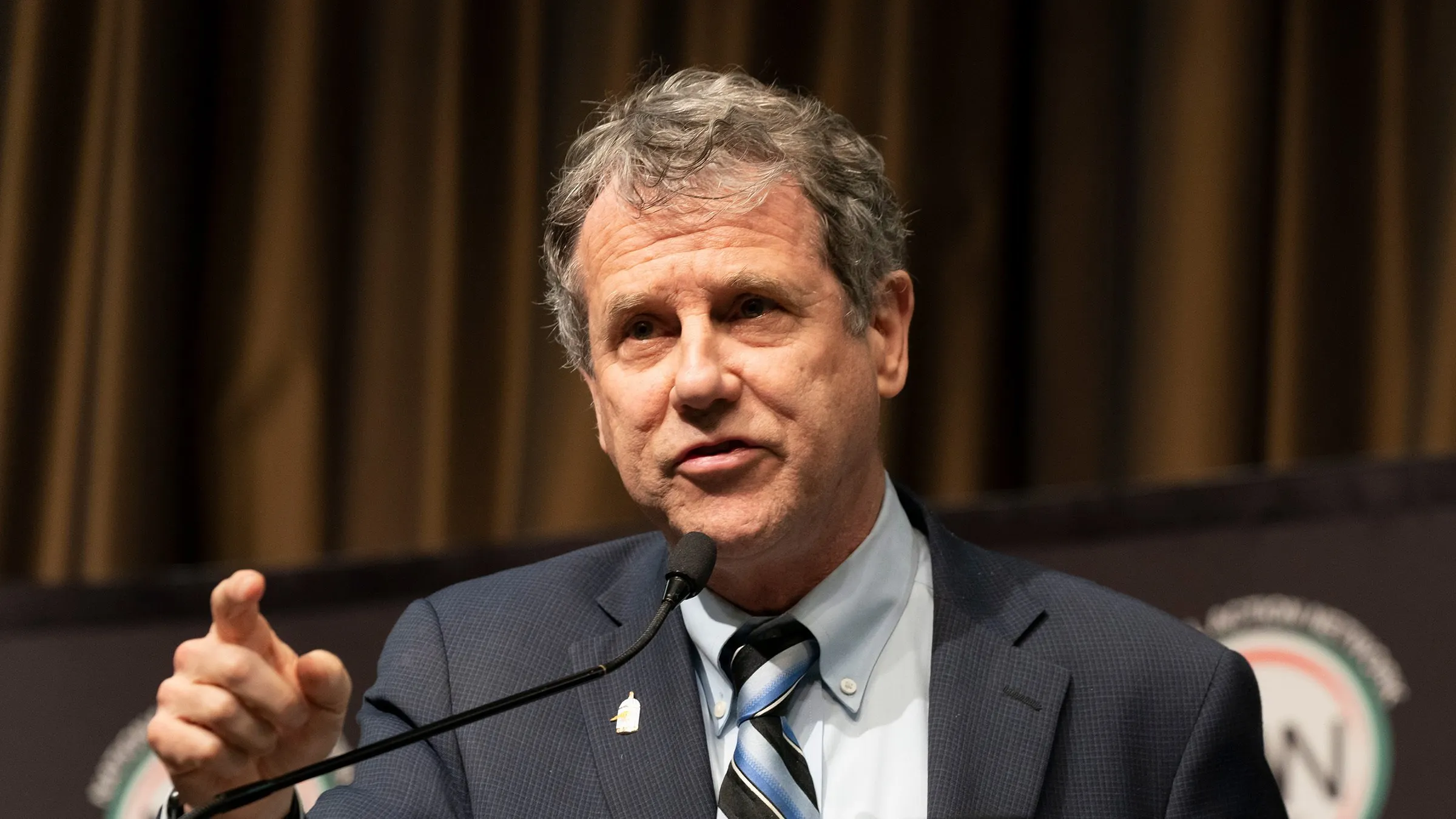U.S. Senator Sherrod Brown, a longtime crypto skeptic and chair of the powerful Senate Banking Committee, has lost his re-election bid in Ohio to Republican Bernie Moreno, handing a significant win to the crypto lobby after a record-breaking investment campaign.
Brown’s loss comes after Fairshake, a pro-crypto super PAC, poured an astonishing $40 million into unseating the influential Democratic incumbent, marking the largest share of its national budget.
The former Democratic incumbent has secured 2.4 million votes, or 46.1%, to Moreno's 2.6 million, representing a 50.5% share, according to the latest figures from The Associated Press.
His defeat represents a major setback for progressive allies like Brown, who has been a vocal critic of digital assets and their regulatory trajectory.
Fairshake’s investment drove the Ohio race to become the second-most expensive Senate contest in U.S. history when adjusted for inflation, according to OpenSecrets data.
The move underscored the crypto lobby's determination to remove Brown as a perceived roadblock to pro-crypto policies.
The super PAC spent some $133 million on 68 congressional races across America this year—meaning that roughly 30% of Fairshake’s historic avalanche of spending this cycle was dedicated exclusively to eliminating Ohio’s senior senator.
“They wanted a scalp, and Brown was the scalp,” Cody Carbone, president of The Digital Chamber, a leading crypto lobbying organization, told Decrypt on Monday.
Carbone also said crypto companies viewed the Banking Committee chairmanship as critical to advancing their legislative goals, making Brown’s defeat the “ultimate prize” in a high-stakes electoral season.
With Ohio favoring Trump by an expected eight points, the state’s conservative lean added momentum to Moreno’s campaign.
Moreno, who campaigned partially on a pro-crypto agenda and attended blockchain conferences to emphasize his commitment, framed himself as a staunch ally for digital assets earlier this year.
However, he attracted criticism with controversial remarks on immigration and abortion, which some believed might overshadow his appeal.
Brown’s loss also signals potential shifts within the Democratic party as key congressional figures begin adjusting their stances on crypto regulation.
"Elizabeth Warren ally Sherrod Brown was a top opponent of cryptocurrency, and thanks to our efforts, he will be leaving the Senate," a spokesperson for Super PAC Defend American Jobs told Decrypt.
While Brown remained firm on policies like SAB 121, an SEC rule limiting bank crypto custody services, the intense lobbying efforts against him may resonate in Washington as crypto advocates press for broader regulatory reform.
"Senator-Elect Moreno’s come-from-behind win shows that Ohio voters want a leader who prioritizes innovation protects American economic interests, and will ensure our nation’s continued technological leadership," the spokesperson added.
Edited by Sebastian Sinclair

